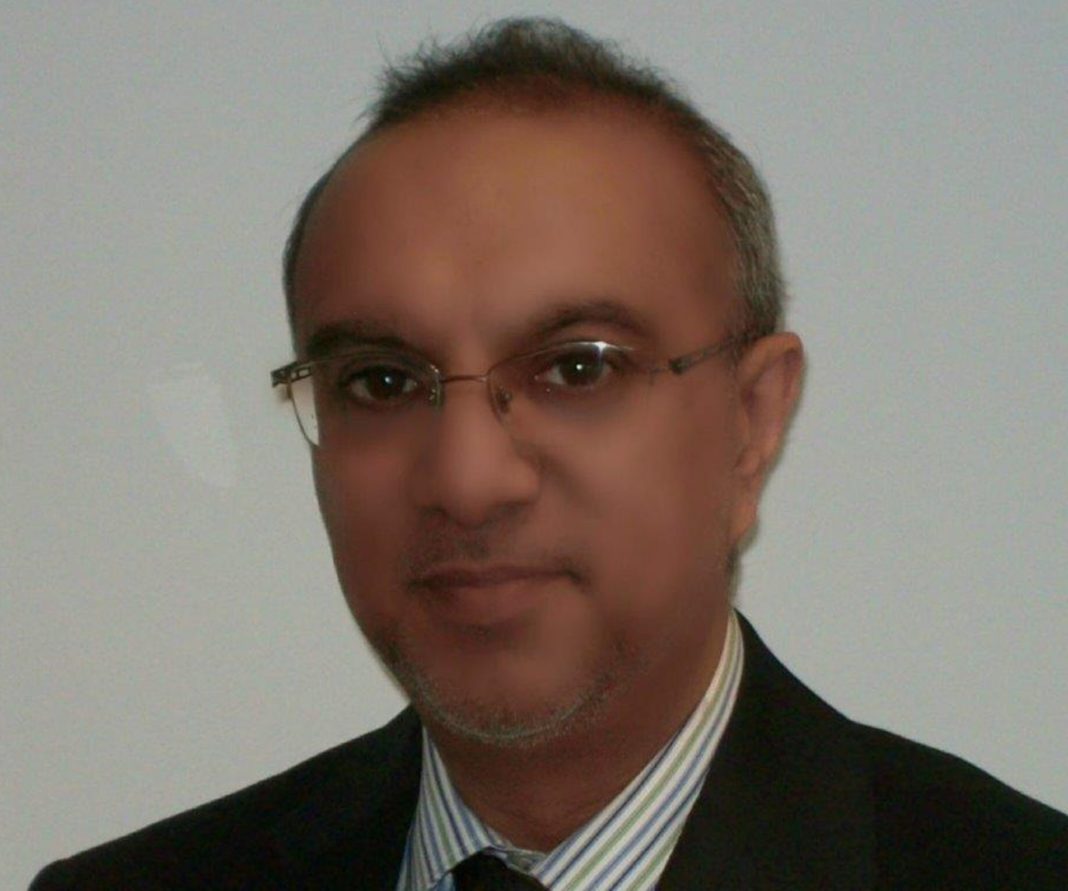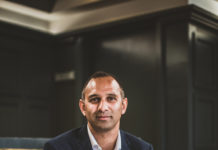The Vice Chair of Manningham Housing Association (MHA), Abdul A Ravat, has led praise from senior representatives of the Black, Asian and Minority Ethnic (BAME) housing sector for a new report which criticised the slow pace in developing suitable homes for those living with the dementia.
Founded in 1986, MHA manages more than 1,400 homes for over 6,000 residents in Keighley and Bradford and is the first housing association in the country to be officially accredited for its work in promoting equality, diversity and inclusion.
The 52-page document, “Housing for people with dementia – are we ready?”, was published yesterday by the All-Party Parliament Group (APPG) on Housing and Care for Older People, after gathering evidence from older people living with dementia, organisations within the housing and care sectors, and government departments.
The report highlighted that the number of BAME people with dementia in England and Wales is likely to double to around 50,000 by 2026.
The cross-party group of MPs and peers also recommended that, when producing housing plans, local authorities should clearly set out the housing demand for people living with dementia in their locality including estimates for need in BAME and LGBT communities and how these targets will be met.
Mr Ravat delivered oral evidence to the APPG inquiry on behalf of the Ageing Well Network which campaigns to improve housing provision for BAME citizens in older age.
Commenting on the report, the MHA Vice Chair said: “Whilst many older people enjoy the benefits of living longer and living better, ‘Ageing Well’ for many from the BAME communities is a struggle – a time of continuous financial hardship, ill-health and reduced life-expectancy.
“The UK’s BAME population is ageing and the 2021 Census will show increases in excess of 1.2 million. The Muslim Council of Britain estimate that the Muslim population – the largest BAME group – will increase fourfold between 2019 and 2036. So why is government, statutory bodies, social care, NHS, funders and providers failing to address these demands and demographic needs?
“We are grateful to the cross party APPG on Housing and Care for Older People for conducting their inquiry into the current state of housing for those living with dementia and for giving the Ageing Well Network the opportunity to be called as a witness. But the evidence presented requires a minimum of 30,000 new homes to be built per annum and enable people from the BAME communities, including those with dementia, to have more choice to live in safe, accessible, affordable homes and environments that values cultural sensitivity. With barely 7,000 homes built in 2019, we urge greater action and for the housing sector to lead the charge for change”.
Lord Best, Co-chair of the APPG on Housing and Care for Older People, said: “We noted the growing numbers of older people in BAME communities. We believe the old assumption that people from BAME groups look after their older parents / grandparents at home is an oversimplification, it can no longer be expected that extended families will take on the sole responsibility for their relatives with dementia as they themselves grapple with the demands of contemporary modern life.
“We urge local authorities to identify clearly the requirements for older people’s housing that include those from minority communities and, through planning powers in collaboration with adult social care and housing services, seek to ensure these needs are met in a culturally and sensitive manner to avoid complete isolation.”
Lee Bloomfield, MHA Chief Executive, said: “I congratulate the APPG for producing such a comprehensive report incorporating a series of clear recommendations for decision-makers on how to best deliver housing solutions to those living with dementia.
“Manningham Housing Association was proud to host the public launch of the Ageing Well in BAME Communities Network in 2019, which is growing in numbers and scope. Abdul and his colleagues have done an excellent job in ensuring that particular challenges faced by BAME communities are being articulated to individuals and groups that can affect positive change.”









